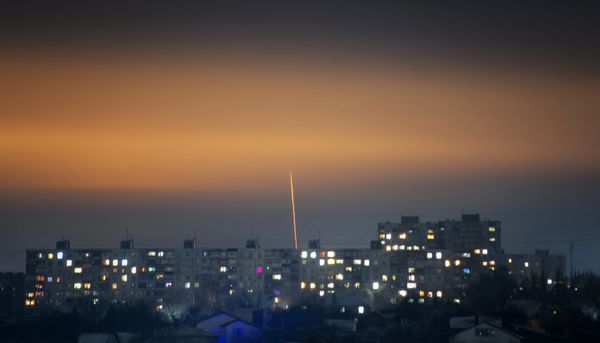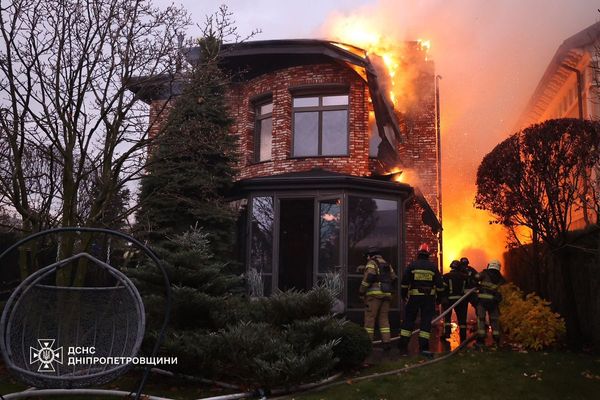Americans have been seeing a welcome, if gradual, decline in gasoline prices over the past month.
Since peaking in early June at just over $5 a gallon, the nationwide average price for a gallon of regular unleaded gasoline has eased to $4.655, as of July12, according to data from the American Automobile Association.
Some states have seen greater declines than others, however, and in a few cases, prices have actually gone up.
First, the good news
For consumers in seven lucky states, the price of a gallon of gas has fallen more than 10% in the last month. While that’s not enough to make up for where prices were before Vladimir Putin’s war on Ukraine began, it’s certainly better than the alternative.
And because the states where prices have fallen the most are among the most populated, it’s even better news for a big chunk of Americans.
The state’s seeing the biggest month-over-month decline include Florida, down 11.5%, Ohio (-11.2%), Wisconsin (-11.1%), Indiana (-11%), Texas (-11%), South Carolina (-10.7%) and Kentucky (-10.4%)
Overall, the national average price of a gallon of regular gasoline has fallen a little over 6% in the past month.
And drivers in 34 states plus the District of Columbia have seen declines of at least 5%.
But for drivers in Hawaii and one specific region of the U.S., the news isn’t so good.
Of course, Hawaii, stuck in the middle of the Pacific Ocean, traditionally sees its gasoline prices move in unusual ways — and generally higher than almost any mainland state except California. Thus, over the past month, gasoline prices are up an average of 8 cents a gallon, or 1.4%, in the state.
The other three states with higher prices are all concentrated in the intermountain region of the U.S.
Hardest hit has been Utah, where gasoline prices are up 16 cents a gallon, or 3%, over the past month. Next is Wyoming, where prices are up an average of 10 cents a gallon, or 2.1%. And finally, Idaho, where prices are up an average of 10 cents a gallon for a 2% month-over-month gain. In addition, Montana and Colorado have seen only marginal declines in gasoline prices over the past month.
Patrick DeHaan, head of petroleum analysis at Gas Buddy, pointed to a March refinery fire as a likely cause. He said that inventories in the region have been improving, but have been tight.
A fire occurred in late March at an Exxon Mobil (XOM) refinery in Billings, Mont. The plant can typically handle 60,000 barrels of crude oil per day and produces about 600 million gallons of gasoline and diesel fuel annually, according to an Exxon site about its Billings operations. The plant distributes to Montana, Wyoming, Utah, Colorado, South Dakota, Washington, Idaho and parts of Nevada, according to the page.







